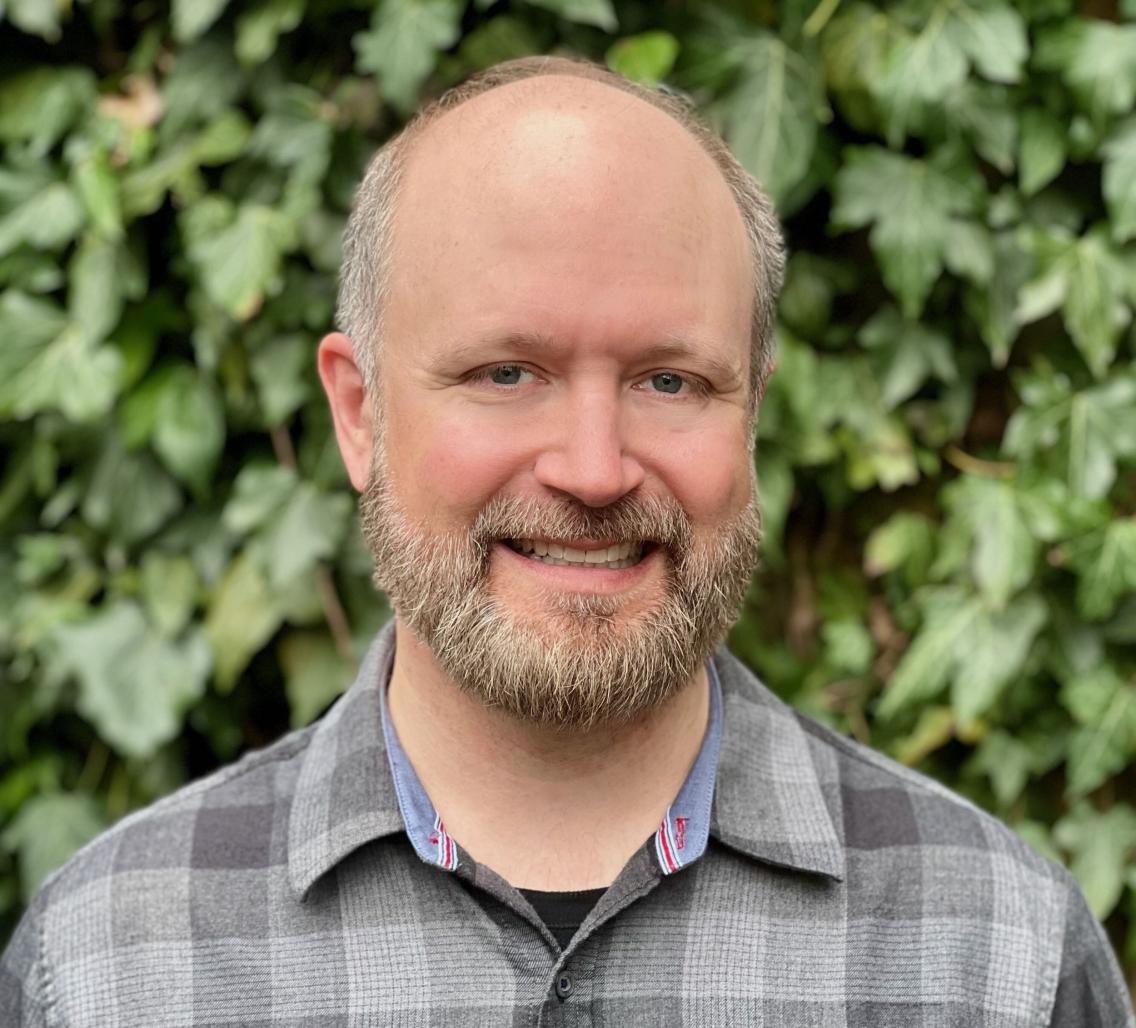Event Details:

Join the speaker for coffee, cookies, and conversation before the talk, starting at 11:45am.
Neural Circuits for Motivation and Reward
In the quest to thrive within a dynamic and often unpredictable environment, animals are tasked with the continual adaptation of their behaviors to effectively procure essential resources while evading potentially perilous situations. This delicate balance of attraction and aversion is orchestrated by intricate neural circuitry, which is dynamically influenced by both environmental stimuli and internal physiological states to elicit appropriate behavioral responses. The research conducted in my laboratory is focused on unraveling the complex neural circuits that govern both reward-seeking and aversion-driven behaviors. Employing cutting-edge methodologies—optogenetics, calcium imaging, and single-cell sequencing—our goal is to elucidate the nuanced functional interactions among molecularly distinct neuronal populations. These interactions are pivotal for the genesis of these critical behavioral states. Through this approach, we aim to construct a comprehensive map of the neural circuitry underpinning diverse motivational behaviors, shedding light on the multifaceted networks that drive decision-making processes in response to both positive and negative stimuli. A deep understanding of these neural networks and their interplay is not just an academic pursuit; it holds profound implications for the field of medicine, particularly in understanding and potentially mitigating complex neurological and neuropsychiatric conditions. Insights gleaned from our research could significantly advance our knowledge of disorders such as addiction, chronic pain, and emotional disturbances. By decoding the neural substrates of motivation and behavioral regulation, we pave the way for novel therapeutic strategies and interventions, potentially transforming the landscape of treatment for these pervasive and challenging conditions.
Garret Stuber, Ph.D.
University of Washington
Bio
Dr. Stuber received his BS in Psychology with a minor in Chemistry from the University of Washington in 2000. He then completed his Ph.D. in Neurobiology at the University of North Carolina at Chapel Hill in 2005 where he studied rapid dopamine dynamics during cocaine self-administration with Drs. R. Mark Wightman and Regina Carelli. For his postdoctoral work, Dr. Stuber joined the lab of Dr. Antonello Bonci, then at the Ernest Gallo Clinic and Research Center and the University of California, San Francisco, where he studied how excitatory synaptic transmission in the ventral tegmental area is altered following reward-related learning. While still at the Gallo Center Dr. Stuber began to adopt optogenetic techniques to study reward related behaviors. Dr. Stuber started his own lab in 2010 in Departments of Psychiatry and Cell Biology and Physiology at the University of North Carolina at Chapel Hill. In 2018, Dr. Stuber moved his lab to the University of Washington to join the UW Center for the Neurobiology of Addiction, Pain, and Emotion. The Stuber Lab’s research focuses on the neural circuit mechanisms that underlie adaptive and maladaptive behavioral states that mediate reward-related as well as stress and anxiety-related behaviors. To accomplish this, the laboratory employs multiple cutting-edge techniques both in vivo and in vitro. The Stuber lab’s ultimate research goal is to delineate the functional neurocircuit architecture that orchestrates behavioral states relevant for addiction, pain, and depression.
Hosted by - Vinicius Carvalho, Ph.D. (The Shah Laboratory)
The Wu Tsai Neurosciences Institute seminar series brings together the Stanford neuroscience community to discuss cutting-edge, cross-disciplinary brain research, from biochemistry to behavior and beyond.
Topics include new discoveries in fundamental neurobiology; advances in human and translational neuroscience; insights from computational and theoretical neuroscience; and the development of novel research technologies and neuro-engineering breakthroughs.
Unless otherwise noted, seminars are held Thursdays at 12:00 noon PT.
About the Wu Tsai Neuro Seminar Series Sign up to learn about all our upcoming events